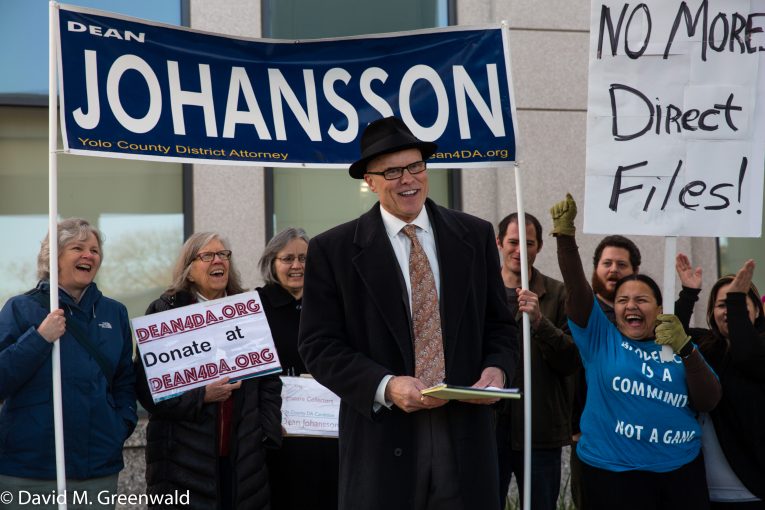

By Emily Montgomery
I was robbed at gunpoint in 2012. As this is National Crime Victims’ Rights Week, I’d like to share my story about what unfolded.
Hours after the robbery, the suspect was arrested. I was asked to go identify him. The police drove me, along the way talking about the area we were going to — how rough it was and how the people there hated cops. As we drove past people in the patrol car, they scowled. Some turned their heads and spit on the ground in disgust.
We eventually entered a parking lot. At least 30 feet away stood a man in handcuffs surrounded by police; lights from patrol cars pointed at him like flood lights. While I was still sitting in the car, they asked me to identify the suspect from afar. Then, I was asked to sign “my” statement of events, which the police had already written. In their draft of the account, the police had significantly bolstered the degree of certainty I had expressed when identifying the gun and the suspect.
I did not have positive feelings toward the man who had threatened to shoot me only hours earlier. But, I was really surprised by how he was presented. I understood why that community had distrust of the police. They had staged him to look guilty during my identification; they made no attempts to create an impartial setting. I was appalled that they introduced such bias and that he was not given a fair shake. And the events affected me too, making me question myself and whether my statement had been tainted by their tactics.
Police should seek the facts first and foremost. Biasing, scaring or pressuring victims is never appropriate, even if it helps with getting a conviction later. District attorneys must hold police to a high standard and not accept this malfeasance. That’s why I’m voting Dean Johansson for DA. He will require police to act with fairness and integrity within the confines of the law, building trust in both police and the criminal justice system as a whole. That’s how you help victims.